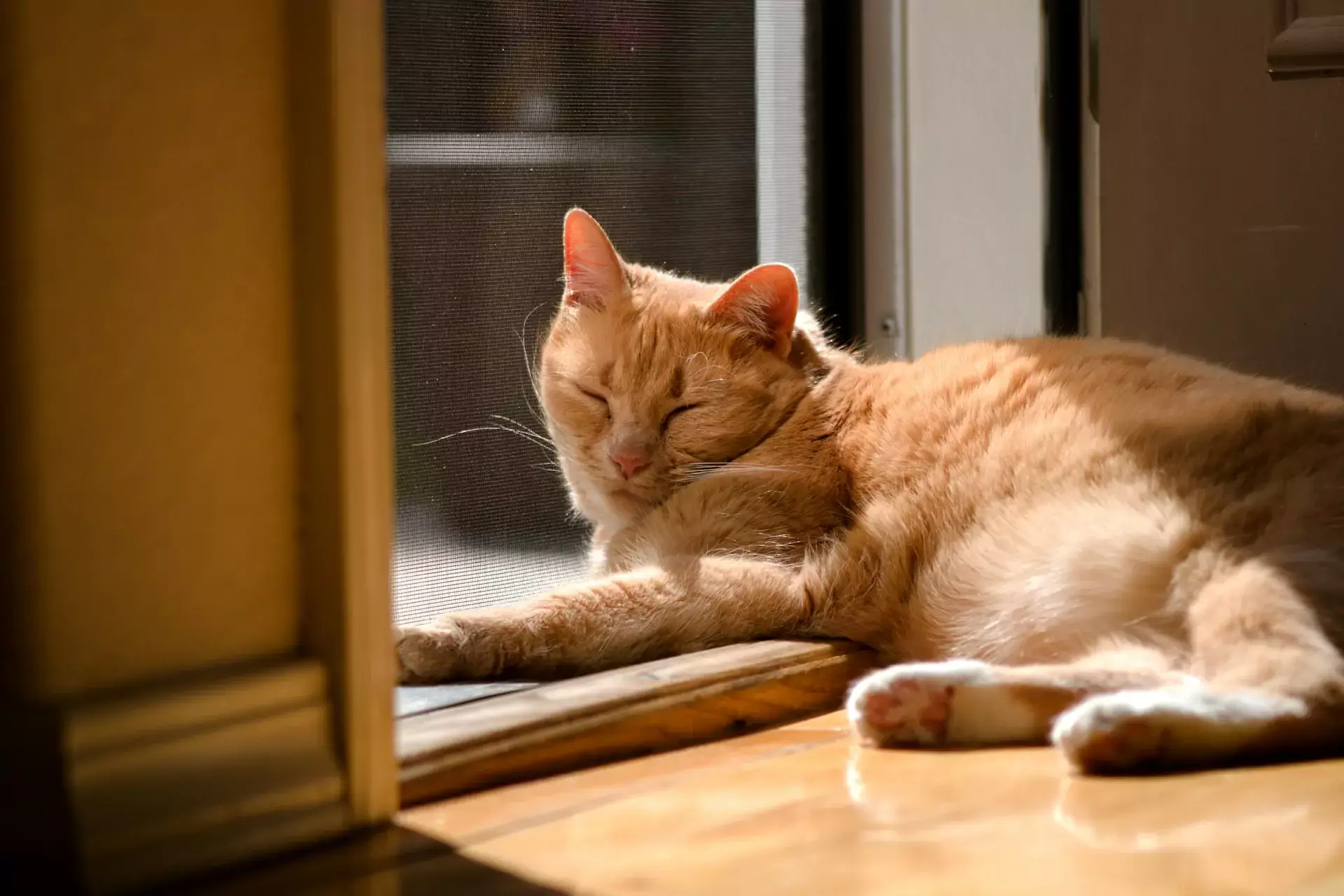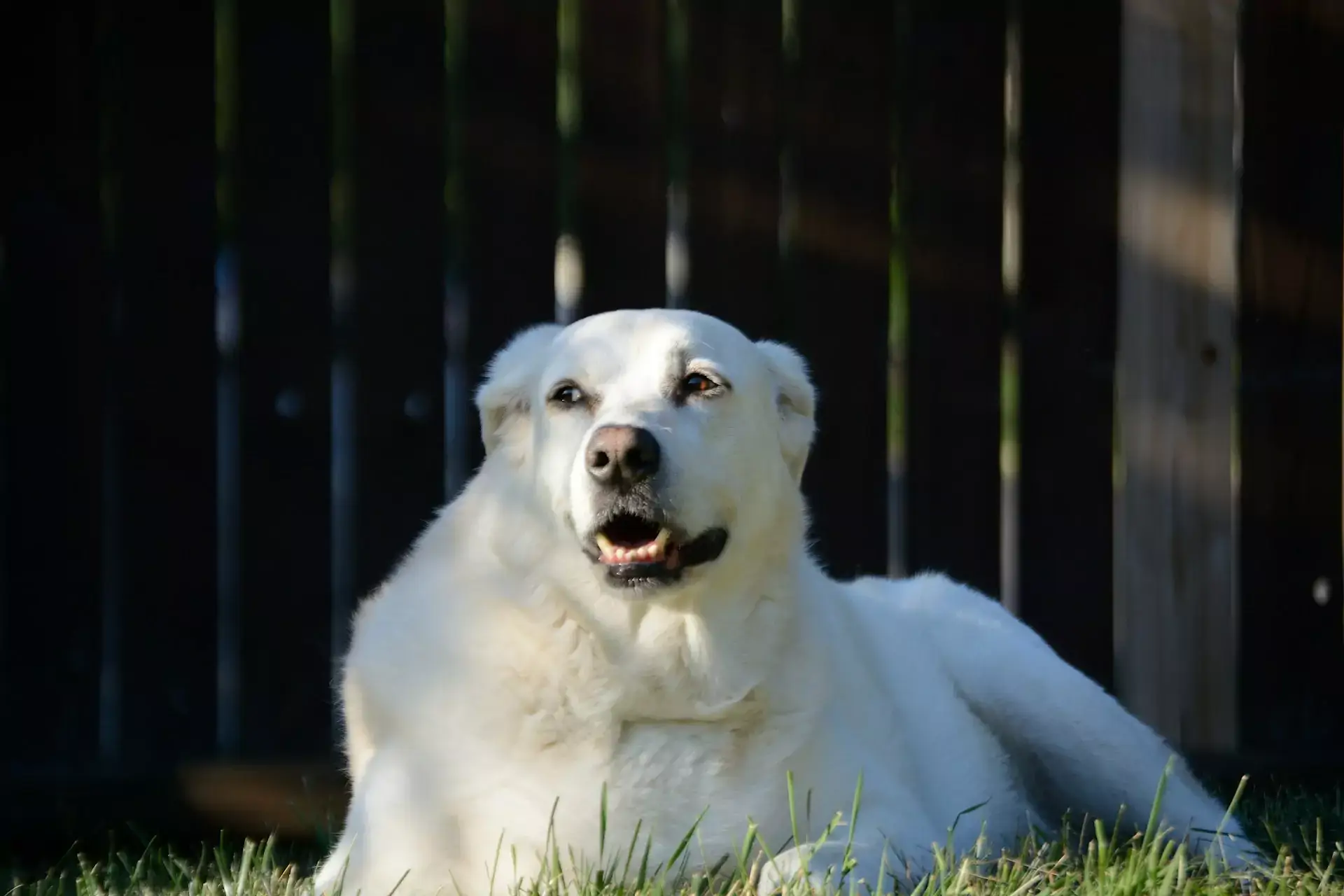Do you enjoy traveling? Perhaps you’re going to a luxury lodge or headed to your favorite spot in the Lakes region. Many of our animal friends enjoy exploring new places with their owners. Then again, others would rather be at home. Of course, you may need to travel with your pet for purposes other than vacation, such as moving. Continue reading for advice from a local Saginaw, MI veterinarian about traveling with Fido and Fluffy.
Flying With Fido And Fluffy
Flying can be very stressful for pets. We usually advise against it, unless absolutely necessary. If you absolutely do have to travel with your pet, take your time and conduct your research before booking.
People regularly inquire about the laws around flying with dogs. Service animals are always allowed on flights, according to federal law. The TSA has several established procedures for allowing pets past security. Animals must be leashed or in carriers, although you may have to remove the leash and carry your pet through the metal detector. Carriers will also be examined.
Aside from that, every airline is different. Southwest, Alaska, United, American, Delta, Hawaiian, Spirit, and Frontier are some of the airlines that allow pets to travel in the cabin with their humans(or have before). However, you should check with the airline directly and look at their most recent guidelines. These may also vary depending on weight restrictions and if you are permitted to purchase a seat for your pet.
Here Are Some Things To Consider Before Booking a Flight for Your Pet:
- If you’re flying with Fido or Fluffy, try to arrange a direct flight whenever possible. A three-hour nonstop flight will be easier for your animal partner than a 14-hour trip with layovers. With lengthier flights, Fido and Fluffy will become more stressed as the day/flight continues.
- If your pet is small enough to fit in the cabin, that’s great. Larger pets may need to travel in the luggage compartment. Think twice before scheduling this manner, as it might be stressful and uncomfortable. Not only are the storage spaces extremely noisy, but they do not have the same climate control as the cabin. If there are any delays, your pet may be confined to his kennel for an extended period.
- Visit your veterinarian before flying. You might require travel certificates. Your pet may also require additional immunizations or parasite treatments. Of course, the particular options will differ based on where you are heading.
Other things to consider:
- Before going, you may want to give your pet anti-anxiety medication or a sedative. If you do, follow the instructions exactly. Hopefully this goes without saying, but you should never give your pet anything unless your vet specifically recommends it.
- You may also want to study up on local risks. Every ecosystem has a distinct flora and fauna, some of which might be dangerous.
- Next, ensure that your pet is microchipped and wearing identification tags. You could include a local number on the tags. For example, if you’ll be staying with a cousin for a few weeks, you can have new tags created that include their phone number.
- GPS tags are not a bad idea. Before making a purchase, consider your options and read the reviews.
- Make sure your contact information is on the carrier. You can use luggage tags or clear tape to cover a mailing label.
For more information, speak with your Saginaw, MI veterinarian.
Driving With Pets
Car rides are significantly less stressful for Fido and Fluffy than aircraft rides. Of course, many of the same guidelines apply. The biggest one? Always put your pet’s safety first.
How Do I Keep My Pet Comfortable During Car Rides?
Getting a great crate is a fantastic start, but it’s not the only thing to think about. Here are some tips for making a car travel easier on pets:
Pets are required by law to be in a container or carrier when flying. This is not normally regulated for car travel, but it is still the best option.
- If you’re driving in the summer or winter, start the vehicle and adjust the climate control before bringing your pet out.
- Make sure that your pet gets lots of fresh air by cracking a window and/or turning on the air conditioner.
- Take regular stops with your dog so he may stretch his legs and relieve himself. This is a fantastic time to use a park or trail-finding app to discover new places to explore with your pet.
- Some pets, like people, are susceptible to car sickness. If your pet is prone to getting sick on the road, consider desensitizing them by taking them on local drives. Begin with short ones, then increase the distance. Your veterinarian could also be able to prescribe medicine. Just don’t give your pet anything unless your vet specifically recommends it.
- We know that some dogs enjoy looking out windows, but it is extremely dangerous for Fido to ride with his head out the window. Bugs, grit, dust, and even lighted cigarettes may end up in your pooch’s face. Furthermore, if you had to stop abruptly—or worse, had an accident—he would be seriously injured. Your furry friend could possibly step on a window control, causing the window to roll up (choking hazard) or down (escape risk).
- You will want to make the crate comfortable for your pet. Include some bedding and comfort toys.
- Start getting your pet used to their crate a long time before the trip. Ideally, this should begin when your pet is still very young.
- Your pet should regard their kennel as a comfy den, not a jail cell. You want your pet to develop pleasant associations with it. Begin by placing toys and goodies in their crate and feeding them first near, then in it. Next, you’ll close the door and progressively increase the time your pet spends in the crate.
Crates aren’t the only option. You could also consider using other pet car products, such as netting and seat belts during car rides. Just be cautious with these. They will keep your pet from wandering around the cabin, but offer little—if any—protection in the event of an accident. Read reviews and ask your Saginaw, MI veterinarian for advice.
Packing For Pets
You’ll need to pack for your furry pal as well. You should include food, treats, a few toys, towels, bedding, a spare leash and collar, a tie-line, and a pet first aid kit. It is also recommended that you carry your animal companion’s documents. (Tip: Put them on a cloud drive so you can access them from anywhere.) If you’re unsure whether your pet’s food will be accessible in your area, consider mailing some to yourself.
Enjoying Your Vacation
What happens after you reach your destination? Take Fido for a walk and let him explore. This is a fantastic way for you and your pet to gain a feel for your surroundings while spending time together! Most cats don’t enjoy walks, but if you do walk Fluffy on a leash, go ahead and take her for a stroll.
Book An Appointment At Our Saginaw, MI Pet Clinic.
Does your pet need a travel certificate? Please do not hesitate to call us if your pet needs any veterinarian services. As your Saginaw, M,I pet hospital, we’re here to help!



